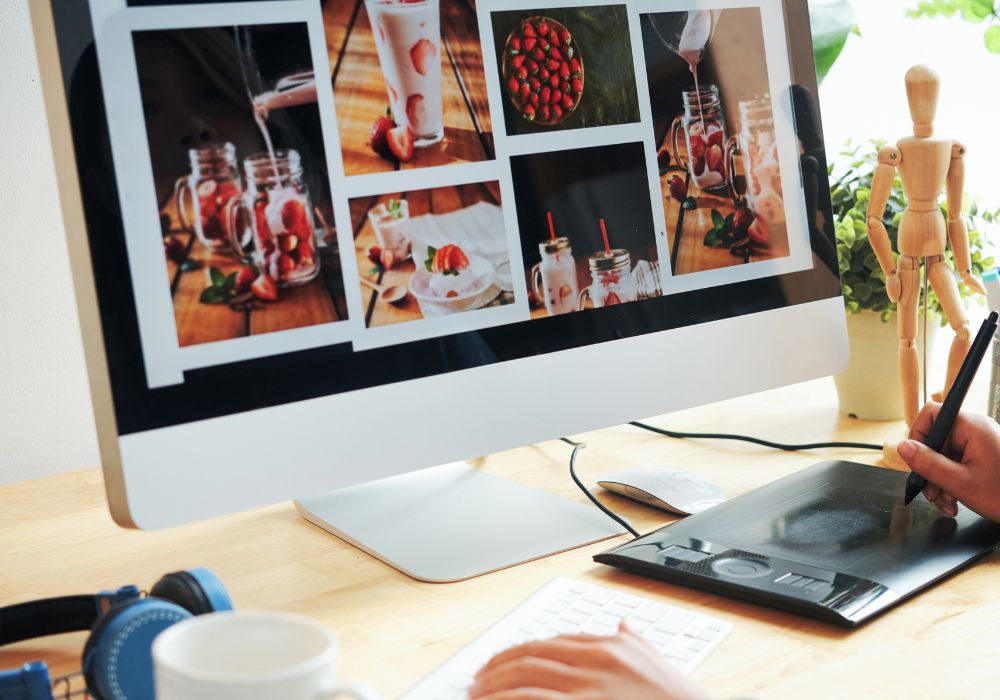London’s hospitality scene is one of the most dynamic in the world. From Michelin-starred restaurants to neighbourhood cafés and boutique hotels, businesses compete for the attention of both locals and tourists. In this competitive market, your website often serves as the first impression — and that means hospitality web design in London is evolving rapidly.
Here are the key design trends set to define 2025.
1. Mobile-First, Experience-Driven Design
With the majority of restaurant and hotel bookings now happening on mobile devices, a mobile-first approach isn’t optional — it’s essential. Websites need to be fast, visually engaging, and intuitive on smaller screens.
A mobile-friendly booking interface and easy-to-find contact details are non-negotiable. Research from Think with Google shows that 53% of mobile users abandon sites that take longer than three seconds to load — a figure no hospitality business can ignore.
2. Seamless Online Reservations & Ordering
Customers expect to book a table, order takeaway, or reserve a room directly from your website. Integrating real-time booking systems, such as OpenTable or ResDiary, can dramatically improve the user experience.
For restaurants, embedding online ordering platforms or click-and-collect options not only boosts sales but also keeps customers engaged on your site rather than redirecting them to third-party apps.
3. Immersive Visual Storytelling
High-quality photography and videography are now central to hospitality website design. Customers want to see your venue, menu items, and even the atmosphere before they decide to visit.
At Midori Design Studio, we’ve helped hospitality brands create immersive digital experiences by combining full-screen photography with smooth scrolling animations — giving users a taste of the venue before they step inside.
4. Personalised, Localised Content
London is a city of diverse cultures and tastes. Smart hospitality websites are using personalisation to serve different offers or menus based on location, time of day, or even the weather.
For example, a café could promote iced coffee on a warm afternoon or hot chocolate on a rainy morning. This approach not only increases sales but also makes customers feel seen and understood.
5. Sustainability Messaging
Consumers are increasingly choosing venues that align with their values. Whether it’s locally sourced produce, zero-waste kitchens, or eco-friendly interiors, your website should tell this story clearly.
According to Statista, 78% of UK consumers consider sustainability important when making purchasing decisions — a number that’s only set to grow.
Final Thoughts
The hospitality industry in London moves quickly, and your website needs to keep up. By investing in hospitality web design that focuses on mobile usability, seamless bookings, visual storytelling, personalisation, and sustainability, you can create an online experience that turns browsers into loyal customers.
Ready to elevate your restaurant or hospitality website? Contact Midori Design Studio to create a design that keeps customers coming back.

